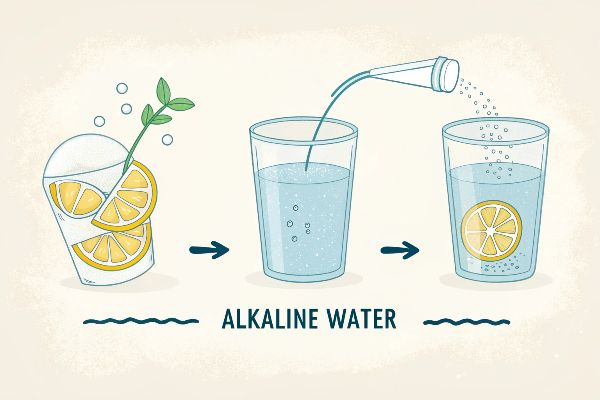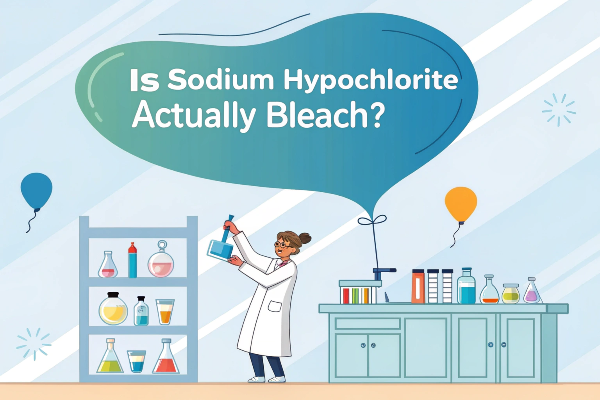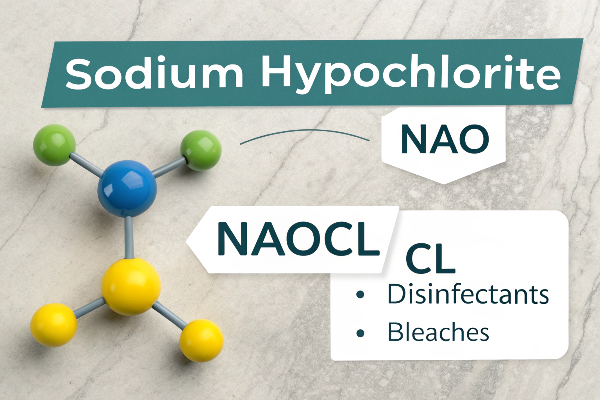In my role as the CEO of a company specializing in platinized titanium anodes, I’ve gained a deep understanding of the less-discussed but essential components of water heaters. One such component, often overlooked, is the anode rod. It plays a pivotal role in the longevity and efficiency of your water heater.
So, what is the role of these anode rods? Simply put, they are the protectors of your water heater. An anode rod acts as a sacrificial element, attracting corrosive materials in the water to itself, thereby safeguarding the tank from corrosion.
Delving into the mechanics of water heaters and anode rods might seem mundane, but it’s as fascinating as it is crucial. These rods are the unsung heroes in our daily comfort, ensuring we always have hot water available.
Why Is Anode Rod Replacement Crucial?
Let’s ponder over a question: “Why is it important to replace the anode rod?” Well, the answer lies in the very nature of these rods. They are designed to corrode. Over time, the anode rod degrades, and if not replaced timely, your water heater’s tank becomes vulnerable to corrosion.

Think of replacing an anode rod as akin to regular health check-ups. Just as these check-ups can prevent major health issues, timely replacement of the anode rod can avert significant damage to your water heater.
The essence of proactive maintenance lies in understanding the critical role of each component. In this case, the anode rod is a small investment that can significantly extend the life of your water heater.

How Often Should Anode Rods Be Replaced?
A common query I encounter is, “How frequently should I replace the anode rod?” The general guideline is every 3 to 5 years, but this varies based on water quality and how often the heater is used.
Regular inspection of the anode rod is essential. It’s akin to monitoring the performance of a well-oiled machine – necessary to ensure optimal functioning.

Areas with hard water might require more frequent replacements, as the minerals in the water accelerate the corrosion of the anode rod. Regular checks can save you from the unpleasant surprise of a malfunctioning water heater.
What Types of Anode Rods Are Available?
Let’s spice things up and talk about the crème de la crème of anode rods: ruthenium-iridium and platinum-coated rods. These aren’t just your average rods; they’re like the luxury sports cars of the anode world.

Ruthenium-iridium anode rods are the secret agents of the bunch. Sleek, robust, and incredibly efficient, they’re perfect for those who don’t mess around with water heater maintenance.
And then, there are the platinum-coated anode rods. If anode rods held a beauty contest, these would take the crown every time. Not only do they look good, but their corrosion resistance is top-notch. It’s like having a bodyguard for your water heater, dressed in a tuxedo.

Opting for these high-end anode rods is a statement. It says, “I value longevity and performance, and I’m not afraid to show it.” Sure, they might be a bit pricier, but hey, can you really put a price on peace of mind?
Can Anode Rods Affect Water Quality?
When it comes to ruthenium-iridium and platinum-coated anode rods, they’re the upper echelon in maintaining water quality. Picture ruthenium-iridium rods as the five-star chefs of the anode world, meticulously preventing any unpleasant odors, like the infamous “rotten egg” smell, from infiltrating your water. They’re not just doing a job; they’re ensuring a top-tier water experience.

In the realm of platinum-coated rods, think of them as the sophisticated bodyguards for your water. They’re vigilant, protecting your water from impurities with unmatched efficiency. Opting for these premium rods is more than a mere purchase; it’s a commitment to maintaining your water’s pristine condition. They work silently yet effectively, ensuring every drop that flows is as pure as it gets.
Why Choose Platinized Titanium Anode Rods?
As an expert in platinized titanium anodes, I can attest to their superiority. These rods are exceptionally durable and effective in various water conditions.

Opting for platinized titanium anode rods is like investing in a high-end, reliable vehicle. It’s about ensuring top-notch performance and durability.
Their initial cost might be higher, but their extended lifespan and efficiency make them a cost-effective choice in the long run. They represent a wise investment in the future of your water heater.

Understanding Anode Rod Corrosion
The process of anode rod corrosion is an electrochemical reaction where the rod sacrifices itself to protect the steel tank. This process is crucial in preventing rust and leaks in your water heater.
Understanding this process is like learning the rules of a strategic game – it allows you to make better decisions for the maintenance of your water heater.

Regular monitoring of this corrosion process helps in determining the right time for rod replacement, ensuring continuous protection for your water heater.
The Role of Water Chemistry
Water chemistry plays a significant role in the lifespan of an anode rod. Factors like pH level, mineral content, and temperature of the water can accelerate or slow down the corrosion process.

Navigating through the complexities of water chemistry is akin to being a chef understanding his ingredients. The better you understand, the better you can manage the life of your anode rod.
Adjusting the type of anode rod based on your specific water chemistry can optimize the protection of your water heater.

Conclusion
In summary, anode rods are crucial in extending the life and maintaining the efficiency of your water heater. Regular checks, understanding the type of rod needed for your specific situation, and timely replacements are key to ensuring your water heater operates smoothly. Stay informed, stay proactive, and your water heater will serve you well for years to come.





